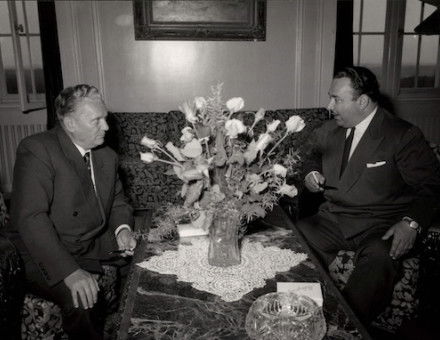The Politics of Culture: Joseph II's German Opera
Elizabeth Manning looks at how an Enlightenment ruler enlisted opera in his struggle to homogenise and reinforce the Habsburg empire.
The eminent eighteenth-century Viennese court actor, J.H.F. Muller, recorded in his memoirs for the year 1778 that 'On Tuesday the 17th February... the first German Singspiel was performed in the court theatre nachst der Burg. It was entitled Die Bergknappen. The audience was large and the applause loud'. Several points emerge from this seemingly innocuous announcement, but first, a definition: the Singspiel was a genre to develop particularly in North Germany in the second half of the eighteenth century. It was essentially an opera with a small cast, on a light-hearted subject, featuring memorable songs as well as more substantial arias which were linked by spoken dialogue rather than recitative. In common with its French and English counterparts with which it was closely allied – the opera comique and ballad opera respectively – it countered the powerful influence of the Italian opera seria and indeed contributed to the latter's decline.





